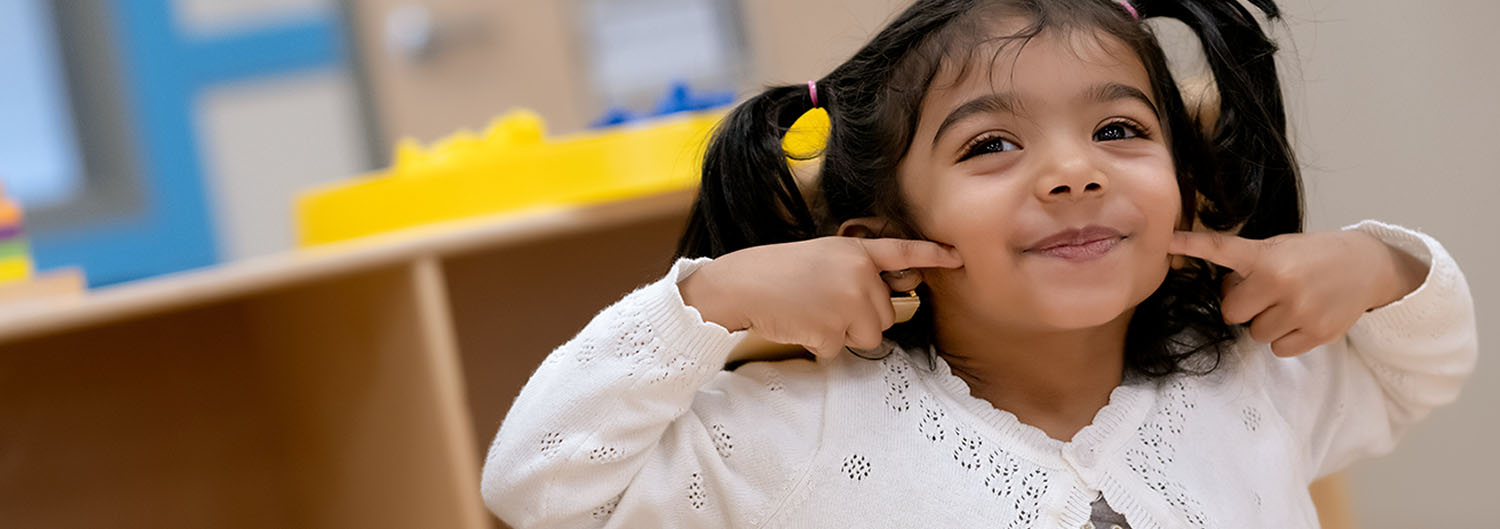- View All
- Topics
- Search
Topics
Blog Archive
-
2025 (6)
- March (3)
- February (1)
- January (2)
-
2024 (28)
- December (2)
- November (3)
- October (2)
- September (3)
- August (3)
- July (3)
- June (2)
- May (2)
- April (2)
- March (2)
- February (2)
- January (2)
-
2023 (15)
- December (2)
- November (2)
- October (2)
- September (1)
- August (1)
- July (1)
- June (1)
- May (1)
- April (1)
- March (1)
- February (1)
- January (1)
-
2022 (13)
- December (1)
- November (1)
- October (1)
- September (1)
- August (2)
- July (1)
- June (1)
- May (1)
- April (1)
- March (1)
- February (1)
- January (1)
-
2021 (16)
- December (1)
- November (1)
- October (1)
- September (2)
- August (1)
- July (1)
- June (1)
- May (2)
- April (1)
- March (2)
- February (2)
- January (1)
-
2020 (11)
- December (1)
- October (2)
- September (1)
- August (1)
- July (1)
- May (2)
- March (1)
- February (1)
- January (1)
-
2019 (12)
- December (1)
- November (1)
- October (1)
- September (1)
- August (1)
- July (1)
- May (2)
- April (1)
- March (1)
- February (1)
- January (1)
-
2018 (12)
- December (1)
- November (1)
- October (1)
- September (1)
- August (1)
- July (1)
- June (1)
- May (1)
- April (1)
- March (1)
- February (1)
- January (1)
-
2017 (12)
- December (1)
- November (1)
- October (1)
- September (1)
- August (1)
- July (1)
- June (1)
- May (1)
- April (1)
- March (1)
- February (1)
- January (1)
-
2016 (12)
- December (1)
- November (1)
- October (1)
- September (1)
- August (1)
- July (1)
- June (1)
- May (1)
- April (1)
- March (1)
- February (1)
- January (1)
-
2015 (12)
- December (1)
- November (1)
- October (1)
- September (1)
- August (1)
- July (1)
- June (1)
- May (1)
- April (1)
- March (1)
- February (1)
- January (1)
-
2014 (5)
- December (1)
- November (1)
- October (1)
- September (1)
- April (1)




Go Beyond “I’m Sorry” to Foster Sincere Apologies from Your Preschooler
Gradually, children develop empathy by gaining an understanding of human actions and reactions. Below are some ways you can work with your child to help him develop that understanding.
Help your child identify his emotions. Before your child can manage his emotions in a positive way, he needs to be able to identify them. If he becomes frustrated and throws a toy, ask “What’s going on? How are you feeling right now? How can I help?” This helps your child to feel understood and heard.
Encourage your child to brainstorm a solution. If your child upsets a friend by knocking over his block tower, first ask “How do you think your friend feels?” Your child will likely say, “He is sad. He’s crying.” Encourage him to brainstorm a solution by asking, “What should we do to make him feel better?” He might want to apologize by giving his friend a hug, by helping him build a new tower, or by drawing a picture for him. Although he may not readily want to say “I’m sorry,” any sincere gesture from your child is appropriate.
Set a good example. Modeling positive behavior is a great way to teach your child conflict management techniques. For example, if you yelled at your child for climbing on furniture, and he started to cry, say “I understand that you got scared when I yelled, and I’m sorry. I don’t want you to get hurt. I should have spoken to you in a calmer voice.”
Read books to reinforce conflict resolution. With your child, read “It’s Okay to Make Mistakes” by Todd Parr. Afterward, remind him of the conflict that occurred in the story and prompt him to tell you how the character fixed the problem. Talk about things that we can do when we hurt someone’s feelings. Other great books that focus on resolving conflict are “How to Grow a Friend” by Sara Gillingham and “Have You Filled a Bucket Today?” by Carol McCloud.
Our Links to Learning curriculum promotes students’ social and emotional development, which is necessary for understanding and feeling empathy towards others, verbalizing wants and needs, and fostering friendships. Teachers use problem-solving activities, games and books to reinforce peer interaction skills, character education and classroom etiquette.
It takes time for children to express their emotions in a positive way, and feel sorry for how their actions affect others. By fostering positive social-emotional skills in the preschool years, children are more likely to deal with conflict more successfully in elementary school and beyond.